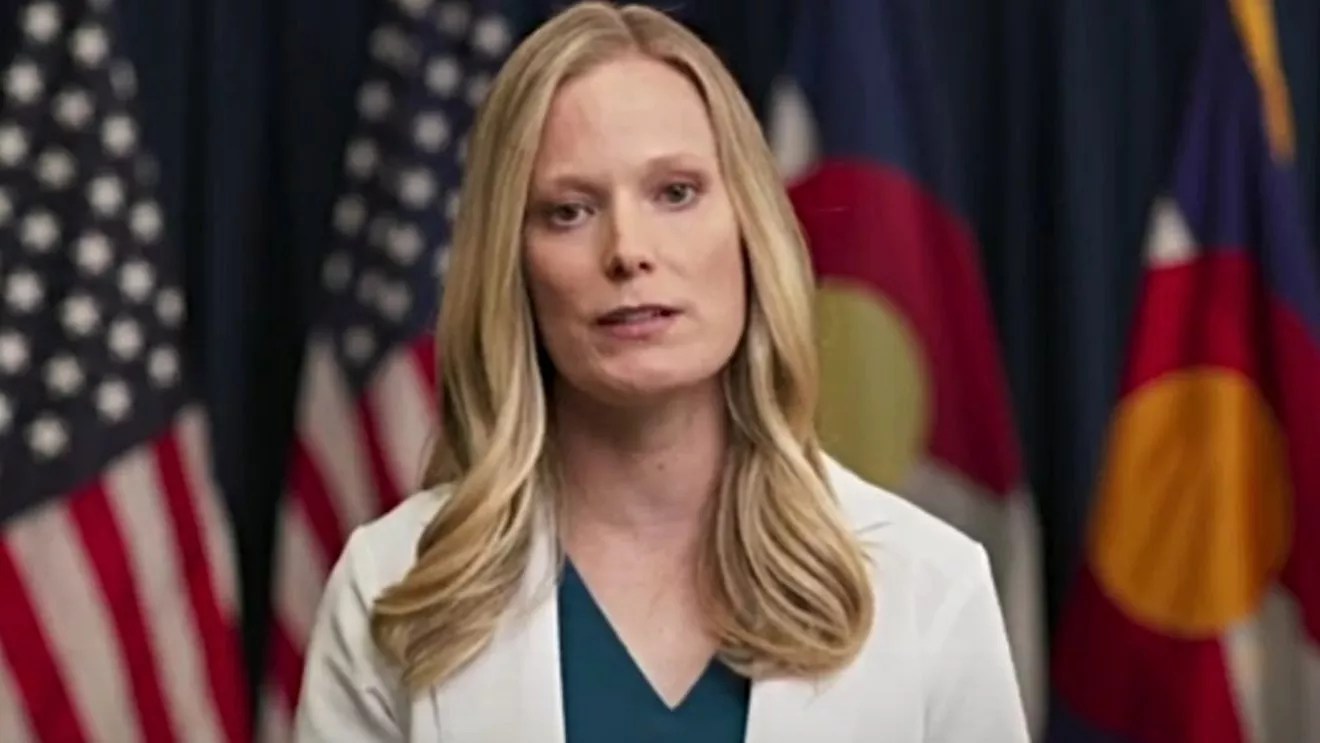

Audio By Carbonatix
People who recover from a COVID-19 infection often talk about having “super-immunity” – the highest possible protection from the disease for at least ninety days.
In recent weeks, however, there have been multiple reports of individuals who caught COVID, recovered and then tested negative, only to be infected again a week or two later, often with more severe symptoms than the first time around. These examples beg the question: How super is super-immunity, anyhow?
Westword put this and other questions to the Colorado Department of Public Health and Environment‘s Dr. Rachel Herlihy, the state’s lead epidemiologist. Herlihy is bullish on the immunity level in Colorado, noting that a statewide modeling report updated late last month “estimates that 80 percent of the state population will be immune to Omicron,” by far the most prevalent variant of COVID-19 currently circulating in Colorado, “by mid-February,” a time reached at the end of today, February 14.
Still, Herlihy acknowledges that reinfections happen. As of February 2, the state had documented 22,789 such cases out of more than a million; the current total stands at 1,288,600 total cases in Colorado. But in most instances, Herlihy says, those second infections are likely a different kind of COVID than the first one.
“Preliminary data indicates that Omicron is more likely to cause reinfection among individuals previously infected with another variant of SARS-CoV-2 than prior variants,” she maintains, adding that the phenomenon is known as “immune escape.”
Of late, COVID infections in Colorado have been declining, but so has the number of people willing to be vaccinated – and that’s concerning from Herlihy’s perspective. According to her, “Most people will develop some immunity to COVID-19 after an infection, but the safest and most reliable way to achieve protection from serious COVID-19 is through vaccination. Vaccination is many hundreds of times safer than infection and creates a consistent, effective immune response. We encourage all Coloradans to get vaccinated and receive a third booster dose as soon as they are eligible.”
The state’s modeling report estimates that at the end of January, roughly 42 percent of Coloradans who’d had COVID had the Omicron variant – a number expected to rise to 65 percent by the end of February. These numbers, combined with infections from other variants, produce the 80 percent estimate.
Herlihy defines reinfections as “people who were previously reported as confirmed or probable cases who received a positive COVID-19 test at least ninety days after the date of their initial COVID-19 test or onset of symptoms. Reinfection cases also include people who tested positive less than ninety days apart and had two sequencing results showing infection with genetically different variants of the virus.”
Herlihy concedes that “we are still learning more about Omicron and the risk of reinfection with Omicron and other variants.” But CDPHE officials are confident enough about immunity that on February 11, the agency issued new guidance to schools about how to operate under the current circumstances. Meanwhile, districts across the state have either relaxed in-class mask mandates or are about to do so; last week, Denver Public Schools announced that as of February 28, face coverings will be strongly recommended but no longer required for students and visitors.
Mask mandates for public indoor settings have also been allowed to expire in Denver and many other places across the state; Jefferson County moved up the end of its mandate to this past weekend.
Adds Herlihy: “Being up to date on COVID-19 vaccination provides excellent protection against severe illness and hospitalization due to Omicron and other variants of the virus which causes COVID, and individuals should not delay their booster/third doses because of prior infection.” She cites a study touted by the federal Centers for Disease Control and Prevention showing that “people who get vaccinated after a prior infection have increased protection compared to previously infected individuals who have never been vaccinated.”
That’s appears to be as close to super as immunity can get.
In this February 3 CDPHE presentation, the immunity question is addressed at around the 20:45 minute mark: